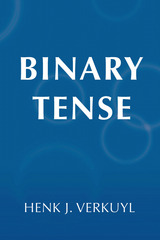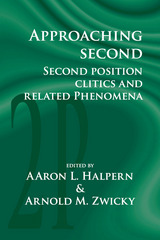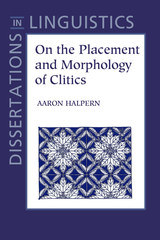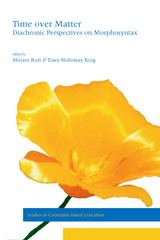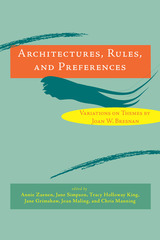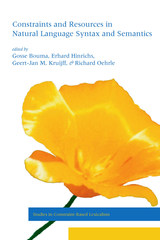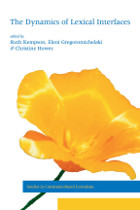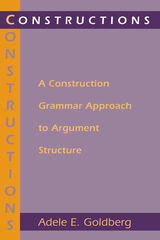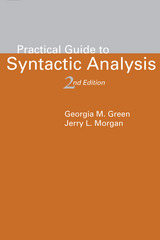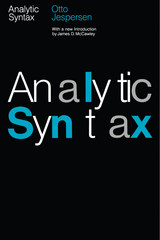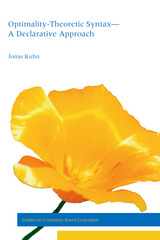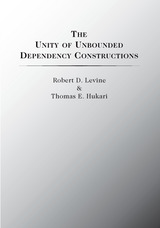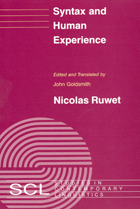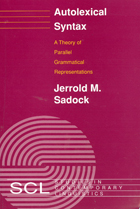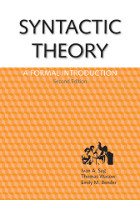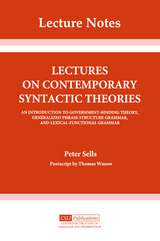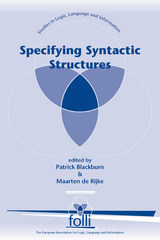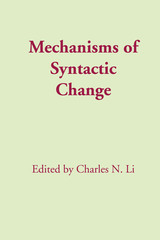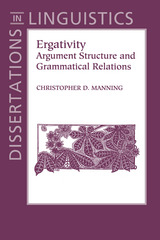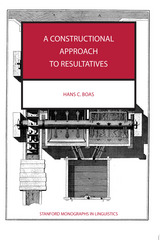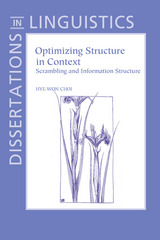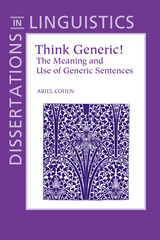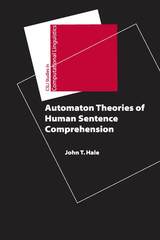Grammar and Discourse Principles: Functional Syntax and GB Theory
University of Chicago Press, 1993
Cloth: 978-0-226-46202-8 | Paper: 978-0-226-46204-2
Library of Congress Classification P291.K86 1993
Dewey Decimal Classification 415
Cloth: 978-0-226-46202-8 | Paper: 978-0-226-46204-2
Library of Congress Classification P291.K86 1993
Dewey Decimal Classification 415
ABOUT THIS BOOK | TOC
ABOUT THIS BOOK
In Grammar and Discourse Principles, Susumu Kuno and Ken-ichi Takami critically examine recent work in the Government and Binding framework developed by Chomsky, Rizzi, Lasnik and Saito, Huang, Aoun, and others. They demonstrate that this work encounters a variety of empirical and theoretical difficulties when confronted by an expanded range of data. Alternatively, the authors offer independently motivated functional explanations that account for these data and that do not require postulation of concepts like "L-marking" and "blocking category."
Kuno and Takami begin by looking at extraction phenomena, including extraction from complement clauses, the overt subject requirement, and subjacency, and provide functional accounts that improve on the Barriers analysis. Next, they discuss multiple wh questions in English and Japanese, with special reference to why and naze. The authors also examine and ultimately reject the major arguments in support of Larson's "light predicate raising" analysis. Finally, Kuno and Takami discuss coreferentiality of picture noun reflexives and the relation of quantifier scope interpretations, particularly those in sentences involving psychological verbs such as bother, worry, and please.
In this subtly argued book, the authors raise questions of critical importance for theoretical linguists of all persuasions.
Kuno and Takami begin by looking at extraction phenomena, including extraction from complement clauses, the overt subject requirement, and subjacency, and provide functional accounts that improve on the Barriers analysis. Next, they discuss multiple wh questions in English and Japanese, with special reference to why and naze. The authors also examine and ultimately reject the major arguments in support of Larson's "light predicate raising" analysis. Finally, Kuno and Takami discuss coreferentiality of picture noun reflexives and the relation of quantifier scope interpretations, particularly those in sentences involving psychological verbs such as bother, worry, and please.
In this subtly argued book, the authors raise questions of critical importance for theoretical linguists of all persuasions.
See other books on: Generative grammar | Government-binding theory (Linguistics) | Grammar | Grammar & Punctuation | Syntax
See other titles from University of Chicago Press

